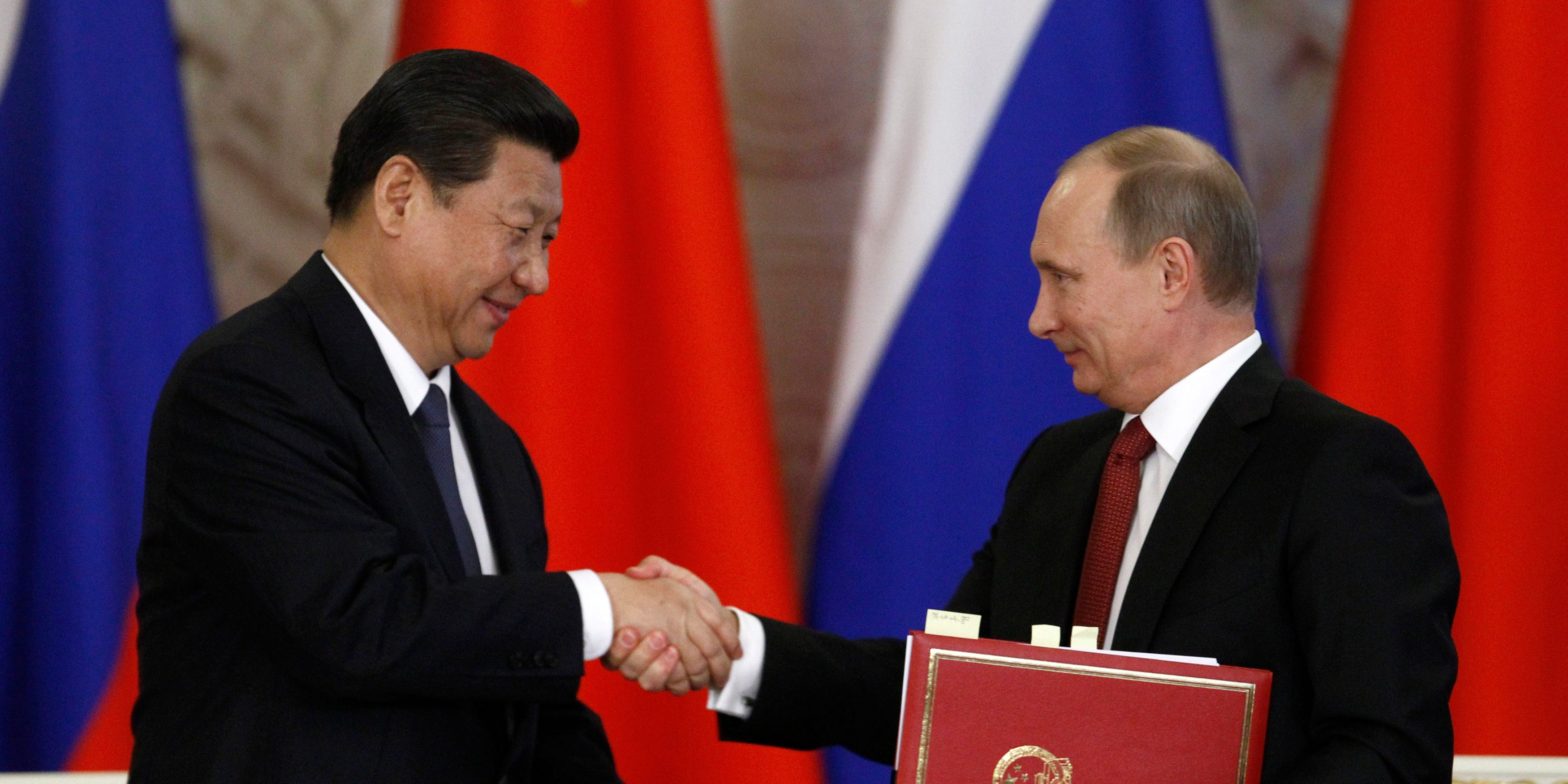China’s state-run refiners have been increasing purchases of Russian oil, and Beijing could give them the greenlight to ramp up further, according to Energy Aspects. Analysts said Chinese companies have been waiting for clear direction from Beijing on how much Russian oil to buy. China could see its daily Russian oil imports increase by 500,000 barrels per day this year, to about 2.2 million. Loading Something is loading.
Thanks for signing up!
Access your favorite topics in a personalized feed while you’re on the go.
Chinese state-run refiners have been increasing purchases of Russian oil, and it signals that imports could ramp up further once Beijing gives the greenlight, according to a note from Energy Aspects.
Energy giants PetroChina and CNOOC have recently resumed buying waterborne Russian oil, Energy Aspects strategists said, and at least three supertankers of Urals crude were marked with China as a destination.
Analysts noted China Petroleum and Sinopec could also see an uptick in imports in the coming months.
Chinese refiners have maintained a low profile in making purchases of Russian supplies including Urals, primarily waiting for more clear guidance from Beijing, Energy Aspects said. But recent movement suggests officials are ready to give the go-ahead.
“Majors had been waiting on the sidelines to increase imports of Russian crude beyond ESPO given no clear instruction from the government,” strategists wrote, referring to a grade of Russian oil typically consumed in Asia. “Incremental growth in demand for Russian crude will mean we will now have to reassess our assumptions for Russian production shut-ins.”
China has been a top buyer of Russian oil since President Vladimir Putin launched his war on Ukraine last year. But since the European Union banned seaborne imports of Russian oil and set a price cap in December, some buyers had turned more cautious.
China this year could see its daily imports from Russia climb by as much as 500,000 barrels per day to hit roughly 2.2 million barrels, Energy Aspects added. That figure could jump again to 2.5 million barrels if the Chinese government chooses to import more Urals for its reserves.
“We expect growth in imports from Russian to be notable from March onwards and the China Customs data release in early April may fully confirm the trend,” Energy Aspects explained.
Moscow, for its part, has reiterated its “no limits” strategic partnership with Beijing, and is aiming to hit $200 billion of trade with China this year and bring the relationship to a “new level.”
Meanwhile, Russian crude is being ferried by Iran’s growing “ghost” armada to get around Western sanctions, per the Financial Times. The report said the volume of Russian crude shipped on these types of ships surged to 9 million barrels in January, up from less than 3 million barrels in November.
